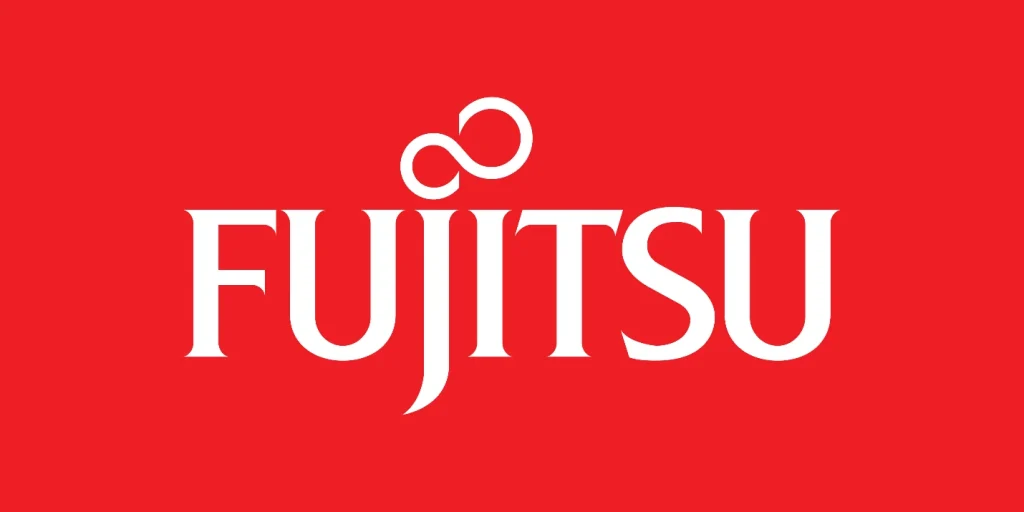Global Management Challenge is an innovative way to develop the knowledge and skills of our employees It is also an opportunity to discover management potential among young talents.
Teams from UNSW Business School and AGSM @ UNSW Business School have won first and second place respectively in the ANZ leg of the Global Management Challenge (GMC).
‘Team Boomerang’ from UNSW Business School won overall honours, while the Australian Graduate School of Management’s Team ‘Wedge-tailed Eagles’ placed second. This success follows AGSM’s past two consecutive wins for the challenges.
The UNSW Business School winning team will now progress to the worldwide global challenge and compete against GMC winners from 35 countries.
Shubham Baid, who is currently completing his Master of Commerce with a double major in international business and management accounting at UNSW Business School, was the Team Leader of Team Boomerang. He said part of the motivation for taking part in GMC was the chance to work and compete with the “amazing minds” of participants from AGSM, as well as UNSW Business School.
“When you compete with these great minds, you automatically start pushing yourself to greater heights,” said Baid. “And that’s something that really motivated me to push forward and lead this challenge.”
According to Baid, he puts the team’s success down to their commitment to long-term planning.
“GMC’s an online simulation game,” explained Baid. “It’s like running a huge multinational company. You have to make your decisions regarding what to produce from the inception of your product to the delivery and getting the price out there. As and when you change these decisions, the results also change.”
“Our strategy was basically to make sure that we didn’t just think about one round of decisions [but] thought about the long run,” said Baid. “We saw that, okay, this is the first decision that we have to make. What is it that we want to achieve by round six?”
It wasn’t all smooth sailing for Team Boomerang. Baid said that in the first two rounds of the five-week competition, their team experienced low sales when other competitors were turning a profit. But when the team figured out the reasons behind their initial lack of success, they quickly bounced back to win – a learning curve that he believes will be incredibly helpful to his and the team’s future career.
“You might have the best plan in the world,” he said. “Yet, when it comes to the actual results, it might be completely different from what you expected. [But] we investigated the intricate details that were causing the issue, which is how we turned everything around and started making a profit.”




